
Just like your body suffers changes when you begin to breastfeed, there will be new changes to overcome when you stop breastfeeding. For most mothers, breastfeeding ends when their baby gets to 6 months of age.
But some mothers choose to breastfeed longer. You should be ready for the changes you will go through when the nursing phase ends, and your baby starts eating solid food.
What happens to your body when you stop breastfeeding?
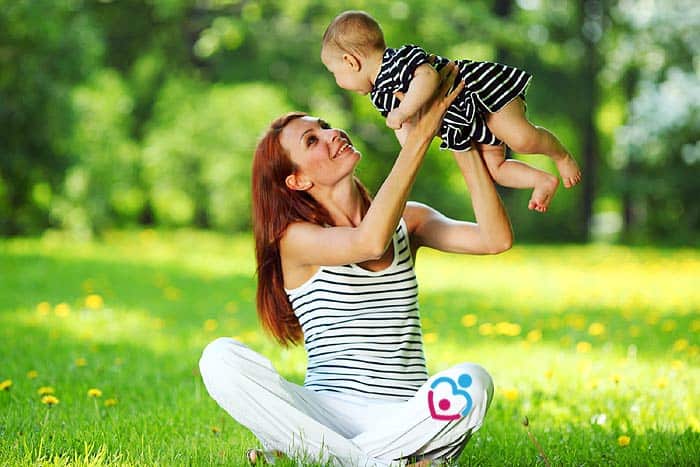
As soon as you stop breastfeeding, you will notice that your body adjusts to the new phase. Your breasts will suffer changes as well as your hormones and moods.
Here are a few significant changes that your body will go through!
A) Pre-Pregnancy State
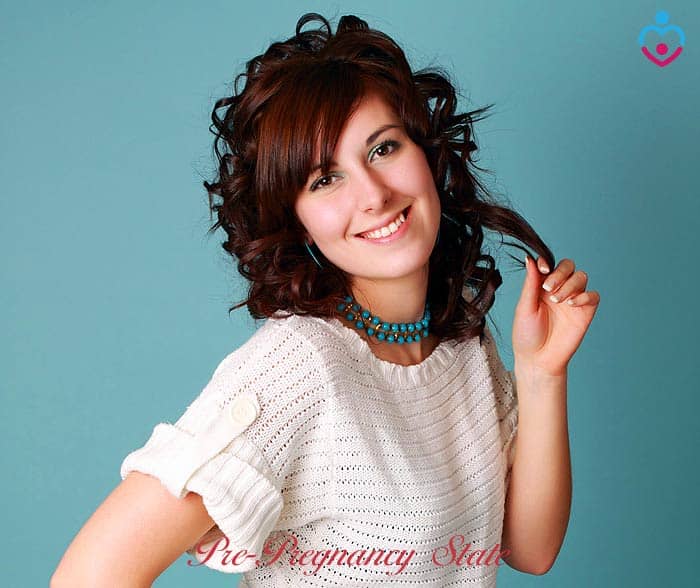
Your body shape changes closer to the pre-pregnancy state.
- Think about all the stages that your body went through during pregnancy, then giving birth and breastfeeding.
- All those changes need to be reversed as you end the nursing time. The first thing you will notice is that your breasts become smaller and closer to their original shape.
- Since you will not breastfeed, you will not produce any more milk. This will bring your breasts close to the shape they had before you got pregnant.
B) Hormonal Changes
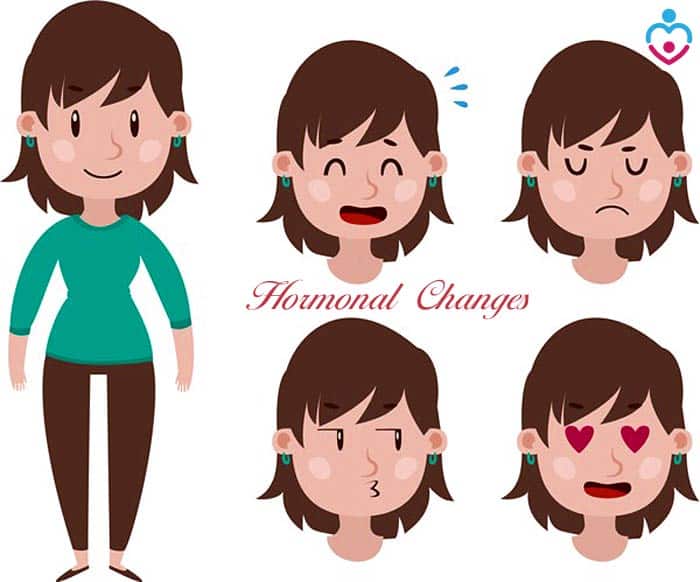
You should expect a chain of hormonal changes.
- During breastfeeding, your body produces more prolactin as well as more oxytocin. However, these hormones are not produced any more when you stop breastfeeding.
- While this is one hormonal process, the other one is the increasement of estrogen, progesterone as well as the FSH (Follicle-stimulating hormone).
- These are a lot of hormonal changes and, to help your body manage them right, you should try to stop nursing gradually.
- If you stop all of a sudden, it will be like a shock to your system and feel more side effects such as increased sadness and even depressive episodes.
C) Leftover Breastmilk
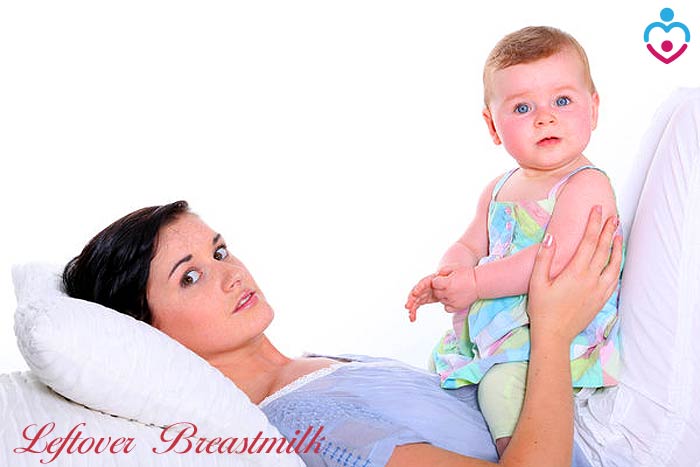
Breastmilk leftovers are absorbed into your body.
- Women know that when they stop nursing, the breastmilk supply also stops. This phase is commonly known as the "dry out" phase.
- However, the medical explanation is a bit more complicated. When you stop nursing, your brain gets the signal that no more breastmilk is needed.
- But, before your breastmilk supply stops, your body will start absorbing the leftovers in your breasts.
- While this is not a process that you will identify as it happens, it will be followed by your breasts reaching their original shape and size.
D) Emotional Shift

As you are stopping the nursing process, you will also experience an emotional shift.
- This shift is experienced differently by each woman, and it can become a depression if you don't address it correctly.
- The sadness feeling might be more present if you stop breastfeeding sooner than 6 months, and it might be accompanied by a sense of guilt.
- If you feel such changes happening and you find yourself overwhelmed, make sure to talk to a specialist.
Know that all these side effects that come as you stop nursing your baby are healthy. If you are aware of them, you will find it easier to control them, and you will be less at risk of experiencing severe depression.
Stay in tune with your body and learn to understand it so you can work as one through all these complex stages of becoming a mother.
![]()
Key References
- "When to stop breastfeeding" - NHS Wales. Accessed April 09, 2020. Link.
- "What Happens to Your Hormones When You Stop Breastfeeding". Accessed April 09, 2020. Link.
- "How to stop breastfeeding - NHS". Accessed April 09, 2020. Link.



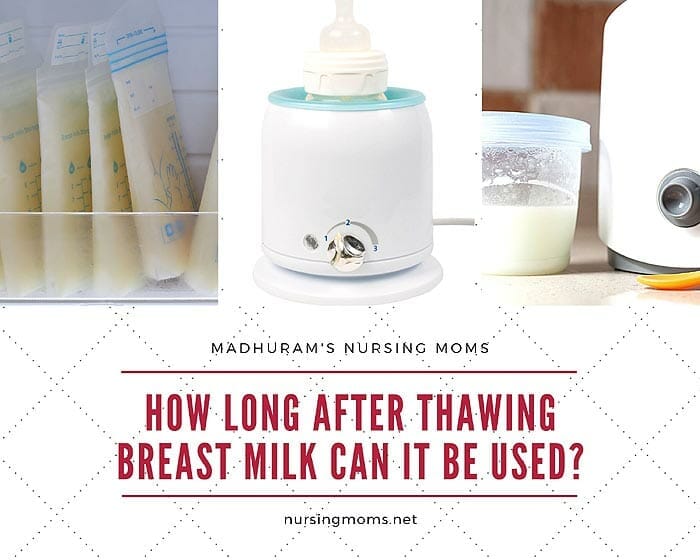
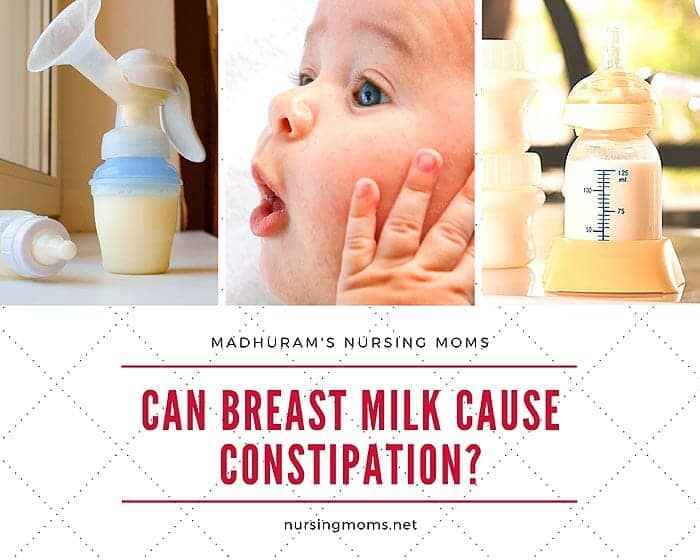
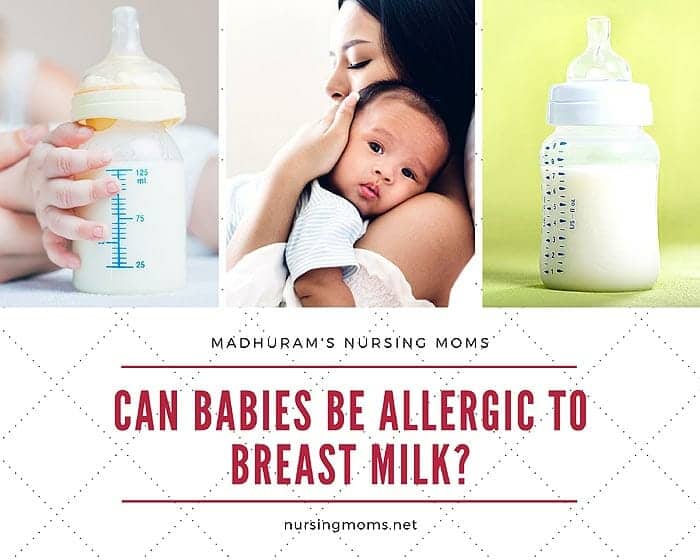
Leave a Reply